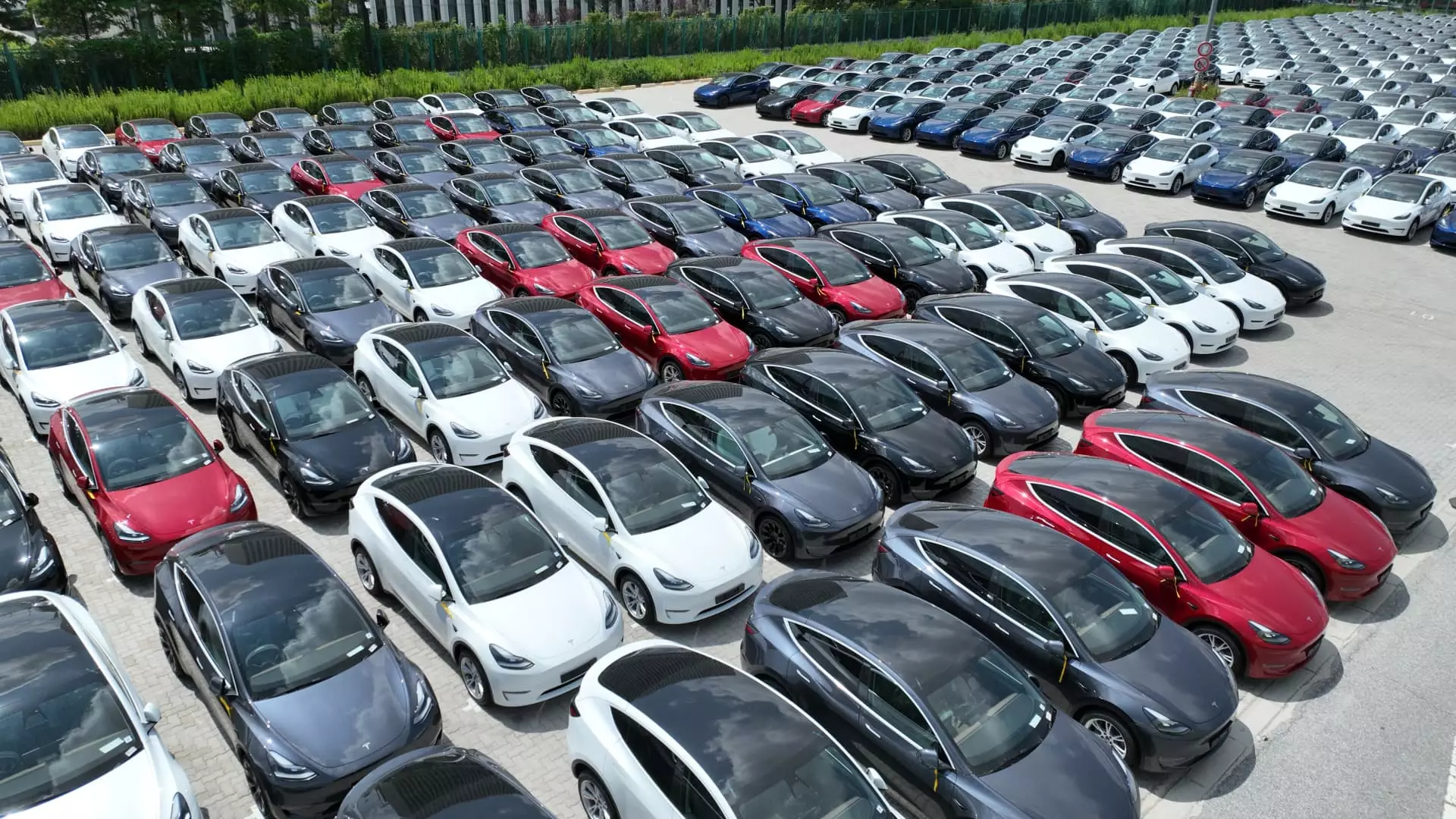Raising concerns over Autopilot features and lock issues, state regulators in China have ordered Tesla to recall more than 1.6 million cars. This article critically analyzes the implications of this recall, highlighting the potential risks and the response from Tesla.
China’s State Administration for Market Regulation explains that the recall is due to the “misuse” of the driving assistance feature in Tesla’s Model S, Model X, Model 3, and Model Y vehicles. This misuse is believed to increase the likelihood of vehicle collisions and pose safety risks. The recall specifically targets the Autopilot feature, emphasizing the need for driver education and training on how to effectively utilize this technology.
In addition to the Autopilot feature, more than 7,500 Model S and Model X cars were recalled due to concerns over noncollision side door locks. These locks have the potential to unlock during a crash, compromising the safety of the vehicle occupants. While this issue can be rectified through a software update, it highlights the importance of thorough testing and quality control in the manufacturing process.
Tesla’s shares experienced a minimal decrease of less than 1% following the announcement of the recall in China. This suggests that investors may have confidence in the company’s ability to address these issues effectively. However, it is important to note that this recall in China mirrors a similar recall announced by the National Highway Traffic Safety Administration (NHTSA) in the United States in December.
The recalls in both China and the US were initiated due to concerns regarding Tesla’s Autopilot features. The NHTSA’s investigation found that the controls of the Autosteer feature may not be sufficient to prevent driver misuse, potentially increasing the risk of collisions. It is worth noting that Tesla did not originally agree with the agency’s findings but ultimately decided to deploy a free software update as a solution.
While Tesla’s decision to provide a free over-the-air software update to address the recall issues is commendable, it raises questions about the initial oversight in the development and testing of these features. The recall in China, combined with the previous recall in the US, highlights the need for better quality control measures and stricter testing protocols to prevent such issues from arising in the first place.
Tesla’s recall of over 1.6 million cars in China due to Autopilot feature misuse and lock concerns reveals potential safety risks associated with their vehicles. While the company has responded by offering a free software update, the recalls underscore the importance of thorough testing and driver education in ensuring the safe utilization of advanced driving assistance features. Moving forward, it is crucial for Tesla to place a greater emphasis on quality control to maintain consumer trust and safety standards.

Leave a Reply